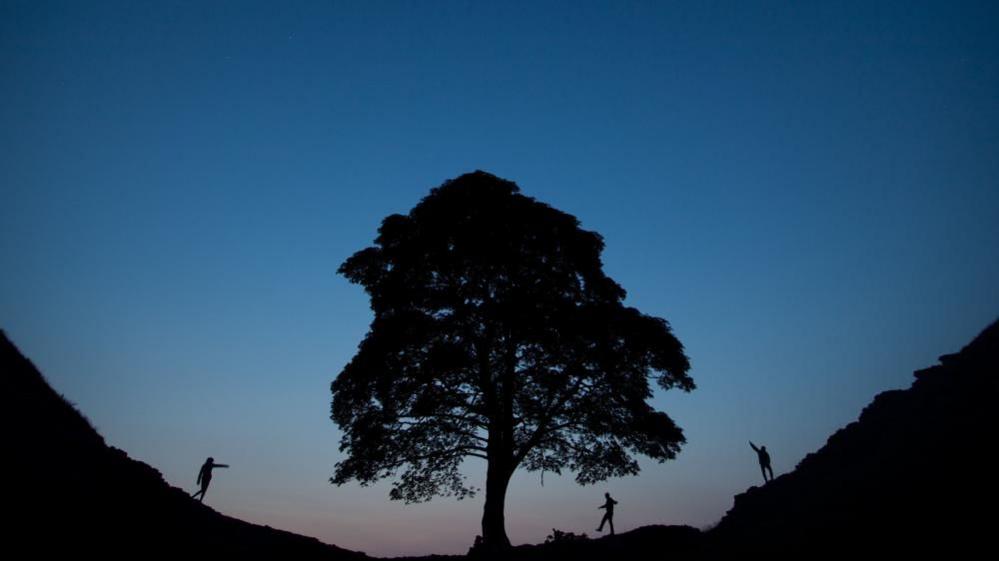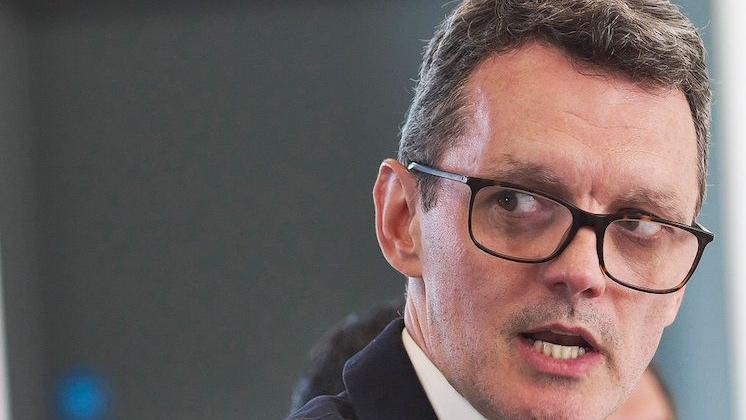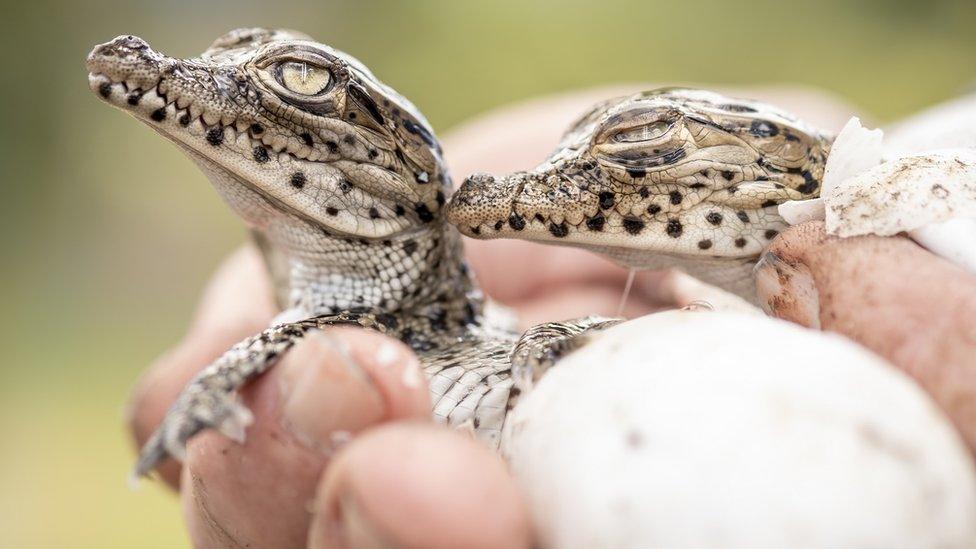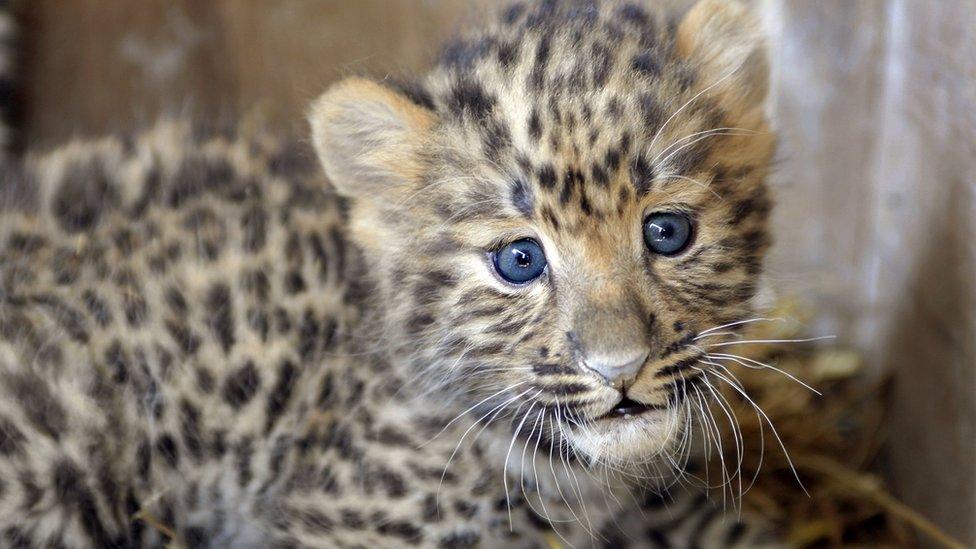Prof says businesses should measure cost to planet

A Cambridge academic says businesses should consider the financial cost of biodiversity loss and think about the value of a tree
- Published
Businesses should think about factoring in the financial cost of the loss of species and habitat when making decisions, an academic has suggested.
Prof Aled Jones, external, who is based at Anglia Ruskin University (ARU), external in Cambridge, wants financiers to think how capital can flow towards activities which protect ecosystems.
He has outlined his thoughts on the value of biodiversity, co-written with academic Jack Kunkle, in specialist magazine The Actuary, external.
Prof Jones, whose research focuses on "financial risks and opportunities", said the complexity of the problem should not be an excuse for inaction.

Prof Aled Jones wants thought to how capital can protect nature
Prof Jones compares valuing climate change to valuing biodiversity loss and acknowledges that putting a price on nature is hard.
"Climate change has numerous negative impacts that have economic value," he wrote.
"This gives us a carbon price... [but] there is no carbon price equivalent for biodiversity because it is not possible to capture the loss drivers in one simple term."
A tree in the Lake District would have a "very different value" to a tree in Paris or the Amazon rainforest in terms of "ecosystem services provided", the authors wrote.
"A recent example is the Sycamore Gap tree that was felled at Hadrian’s Wall in Northumberland.
"How do you value something that Hairy Bikers TV chef Si King described as 'a sentinel of time and elemental spirit of Northumberland'?"

Prof Jones says capital needs to flow towards activities that protect and conserve ecosystems
The science on "how to stop and reverse biodiversity loss" was "well understood", the article said.
It added: "The problem is how to re-engineer our financial and economic architecture so capital flows towards activities that protect and conserve natural ecosystems, rather than degrade and destroy them."
Prof Jones, director of ARU’s Global Sustainability Institute, external, said nature could not be "crudely financialised".
'Nature-fied'
"Even with all the available technologies deployed, there remains the concern that quantifying nature and creating a biodiversity credit market alongside a carbon credit market would be fraught with problems," the article said.
"You can’t kill a panda and offset it with a wetland, even if they have the same biodiversity credit value.
"Nature and biodiversity cannot be wholly and crudely financialised in this way.
"Instead, finance will have to be ‘nature-fied’.
"We are not just dealing with a technological problem, but a philosophical one, too – how and why do we value nature?"
But, the article added: "The complexity of biodiversity impacts should not be seen as an excuse for inaction."
Follow Cambridgeshire news on Facebook, external, Instagram, external and X, external. Got a story? Email eastofenglandnews@bbc.co.uk, external or WhatsApp us on 0800 169 1830
Related topics
- Published26 April 2024

- Published9 March 2024

- Published18 October 2024
